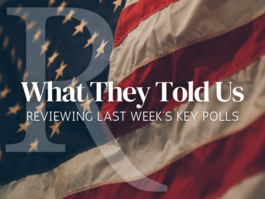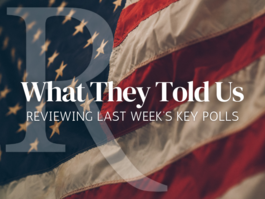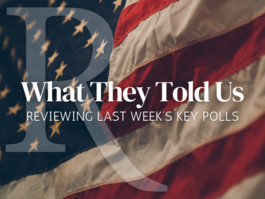Canada and France Also Have Health Care Debates
A Commentary By Froma Harrop
The debate over what kind of health care system we should have often includes the kinds others have. The programs in Canada and France have received special attention, and so those countries' efforts to fix their own programs should be of interest.
No health care system is set in stone. Whatever emerges from Congress will also be a work in progress.
Start with Canada. Under Canada's single-payer system, the government writes all the checks for core medical services. This is socialized insurance, not socialized medicine. Canadian doctors work for themselves.
The quality of health care in Canada is generally high, and people needing urgent care get it immediately. But there are some waits for medical attention that many Canadians and most Americans would deem excessive.
Canada is the only industrialized country that doesn't let people spend their own money for basic medical services. Some Canadians see an expansion of privately paid health care as a means to reduce the waits.
Two cases now before the British Columbia Supreme Court might make that happen. Operators of for-profit clinics are asking the court to strike down laws that stop patients from buying faster care. Those who want the restrictions preserved argue that opening the door to private payments would create two-tier health care, thus ending the principle of equality enshrined in the Canada Health Act.
British Columbia Health Minister Kevin Falcon says that he has no objection to letting people spend their own money on health care. But rather than see that as a threat to the current system, he thinks it might spur the government to address its problems. "What we have to do is improve the public delivery of services," he said.
No, the Democrats are not even close to pushing for a Canadian-style single-payer system. The idea of forbidding Americans to spend their money on any health care would be anathema to most.
But there is a vague parallel between proposals to allow private payments in Canada and to have a public option -- that is, a government-run health plan -- in the United States. Both would use competition to enhance efficiency.
The so-called public option could keep American insurers from spending too much premium money on CEO pay and stockholder dividends. And a private-payment option in Canada could force the public system to expedite care.
On to France. France has a multi-payer system combining government and private insurance. (About 90 percent of the French buy supplemental private coverage.) A storm also blows in France over government efforts to curb that system's growing costs.
This is what you call a "high-class problem." France's "expensive" health care system eats up only 11 percent of that country's gross domestic product and covers everyone. American health care devours 16 percent of our national output and leaves millions uninsured.
And look what the French system offers. Patients can pick their own doctors, who can prescribe any treatment or drug without having to ask the health care authorities. That's more freedom for patients and doctors than most private insurance plans allow in this country.
Now look at the "controversial" changes the French government has imposed to control costs. One is to require co-payments on prescription drugs. How shocking. This is a routine expense for insured Americans, assuming they have drug coverage.
France closed down maternity wards that handled fewer than 300 births a year. That means it still maintains maternity wards in which not even one baby is born a day on average. Could you imagine American hospitals maintaining special units for so few births?
Clearly, Americans can learn from the strengths and weaknesses of other countries' health care systems. And they can find guidance in ours.
COPYRIGHT 2009 THE PROVIDENCE JOURNAL CO.
DISTRIBUTED BY CREATORS.COM
Views expressed in this column are those of the author, not those of Rasmussen Reports.
See Other Political Commentary.
See Other Commentaries by Froma Harrop.
Rasmussen Reports is a media company specializing in the collection, publication and distribution of public opinion information.
We conduct public opinion polls on a variety of topics to inform our audience on events in the news and other topics of interest. To ensure editorial control and independence, we pay for the polls ourselves and generate revenue through the sale of subscriptions, sponsorships, and advertising. Nightly polling on politics, business and lifestyle topics provides the content to update the Rasmussen Reports web site many times each day. If it's in the news, it's in our polls. Additionally, the data drives a daily update newsletter and various media outlets across the country.
Some information, including the Rasmussen Reports daily Presidential Tracking Poll and commentaries are available for free to the general public. Subscriptions are available for $4.95 a month or 34.95 a year that provide subscribers with exclusive access to more than 20 stories per week on upcoming elections, consumer confidence, and issues that affect us all. For those who are really into the numbers, Platinum Members can review demographic crosstabs and a full history of our data.
To learn more about our methodology, click here.



